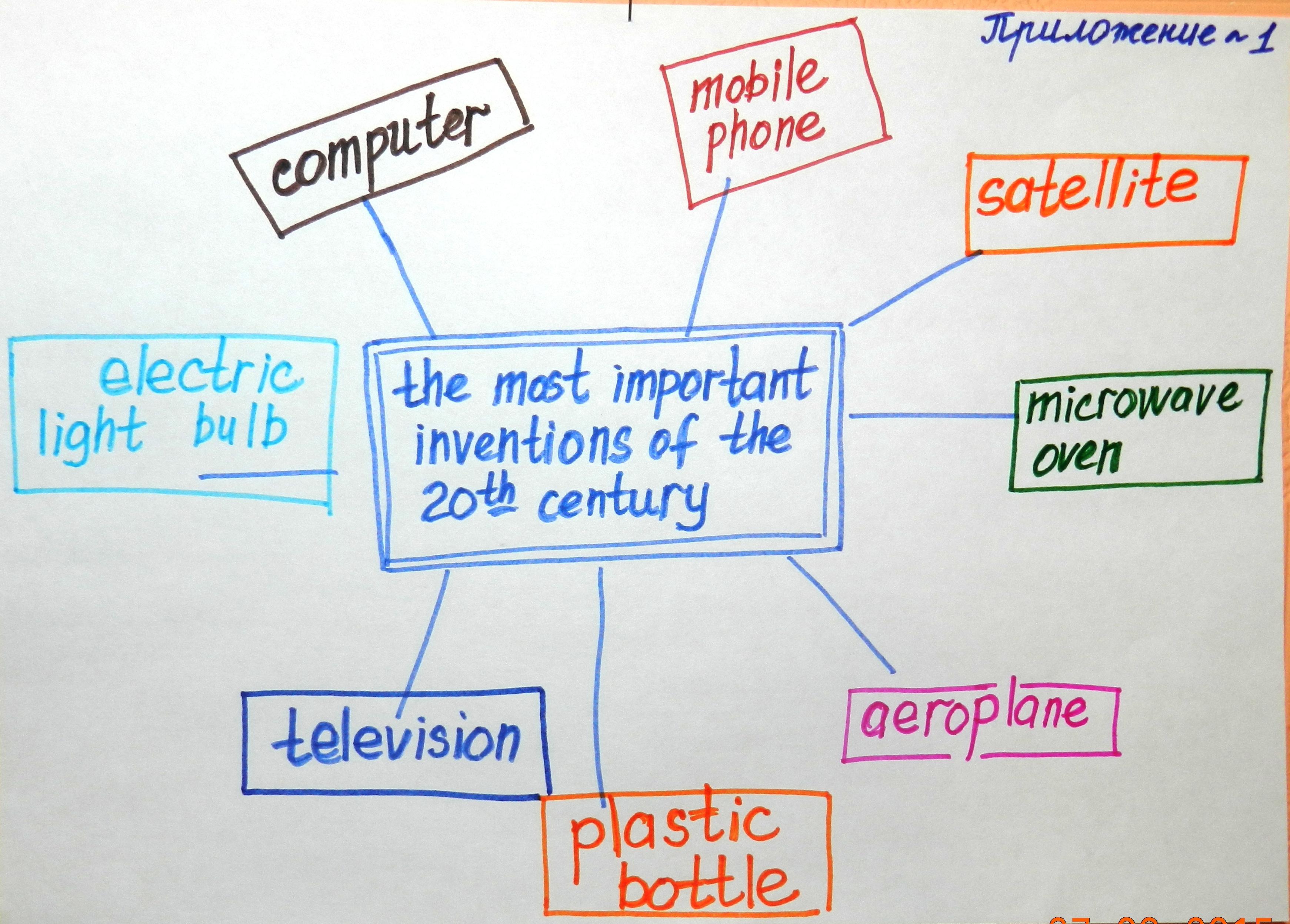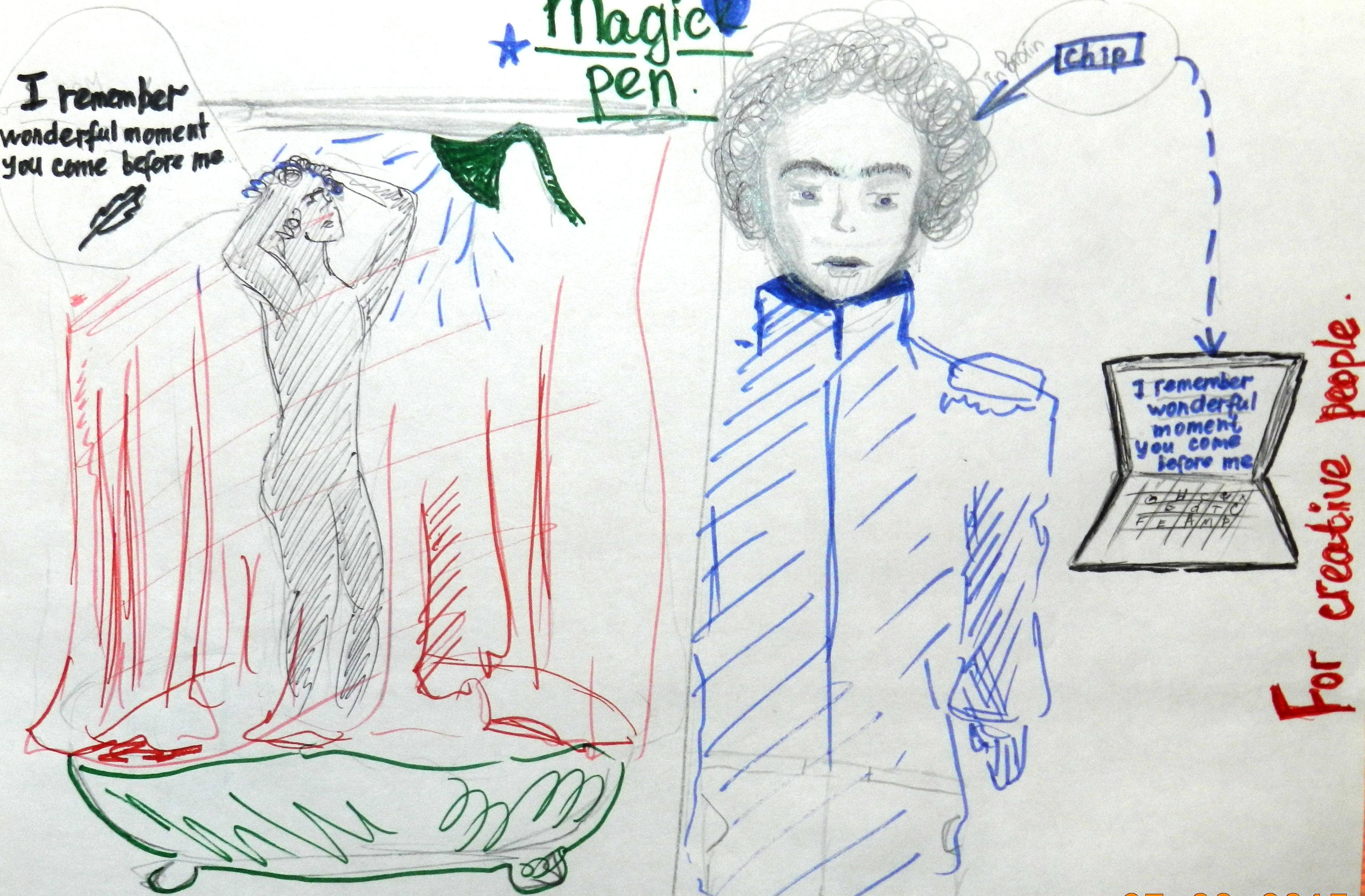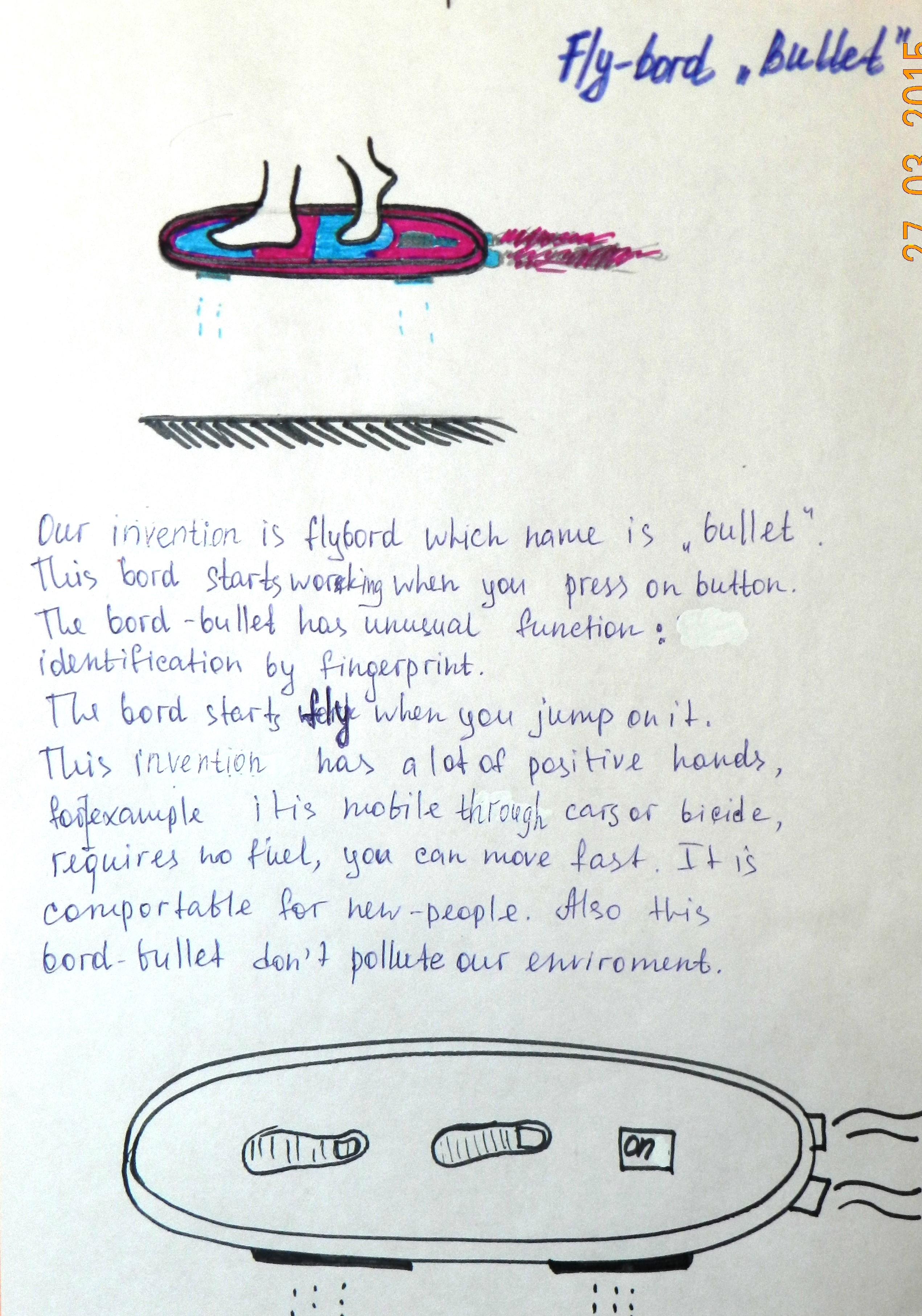самостоятельно ставить цели, планировать пути их достижения, умение выбирать наиболее эффективные способы решения учебных и познавательных задач;
использовать знаково-символические средства представления информации для решения учебных и практических задач;
пользоваться логическими действиями сравнения, анализа, обобщения, классификации по различным признакам;
осуществлять информационный поиск;
выражать с достаточной полнотой и точностью свои мысли в соответствии с задачами и условиями межкультурной коммуникации;
спрашивать, интересоваться чужим мнением и высказывать свое;
уметь обсуждать разные точки зрения и способствовать выработке общей (групповой) позиции
| этап урока | деятельность учителя
| деятельность учащихся |
| Организационный момент, приветствие.
| The theme of our lesson is “Progress and development: robots of the future”. First we will read the text at page 118 and you’ll answer the questions. Second we will divide into 3 groups and you will make a mini-project “A new robot design” |
|
| Речевая зарядка | Pupil 1, come to the blackboard and ask questions about season, date and weather today! | Pupil 1 asks questions, pupils answer his questions: What season is it today? What month is it today? What date is it today? What is the weather like today? и др.
|
| Работа над фонетической стороной речи учащихся (фонетическая зарядка) | Now make a noun from the verbs:
to inform- to invent- to develop- to excite- to manage- to employ- to investigate- to punish- to suggest- to move- to hesitate- to examine- to invite- to arrange- to describe- to imagine- to disappoint- to create- to direct- to settle- | Учащиеся образовывают существительные от глаголов: -information -invention-inventive -development -excitement -management -employment -investigation -punishment -suggestion -movement -hesitation -examination -invitation -arrangement - description -imagination -disappointment -creation -direction -settlement
|
| Деление класса на группы и составление кластера по теме «Самые важные изобретения 20 века» | Now we’ll divide into 3 groups. Work in groups. Decide what are the most important inventions of the 20th century and make a word-box. You have 5 minutes to do the task, than you will present your word-box. Be ready to answer some questions. | Учащиеся делятся на 3 группы. Работают в группах, обсуждая самые важные изобретения 20 века и составляют кластеры. |
| Презентация кластеров | Now let’s present your word-boxes. The 1st group- The 2nd group- The 3d group- You may ask some questions about the inventions | Учащиеся представляют свои кластеры ( приложение № 1) We think that the most important inventions of the 20th century are: -mobile phones because we can’t live without it today, -computer because we search information of all kinds and we communicate with our friends using the Internet; и тд. |
| Работа с учебником, выполнение задания № 93 стр. 118 | Open your students-book at page 118. Look at the pictures and say what do you think they show. Make a list of what these things can be used for. Work in groups! | Учащиеся выбирают любую картинку упр.93 стр.118 и выполняют задание. Примерный ответ: We like the picture 5. We think this robot is a child’s nurse. The child can play games and speak with it. The computer looks for the child. |
| Чтение текста № 94 стр. 118 | Now let’s read and translate the text at page 118 ex.94 | Чтение текста с переводом на русский язык. |
| Составление мини-проекта Презентация проектов. | We work at groups. The next task is to make a mini-project “A new robot design”. Open your students-book at page 123 ex. 106,107. Design a new model of your own robot. Give a presentation of your robot to the class. Follow the steps ex. 107. You have 10 minutes. | Работа в группах. Обсуждение модели собственного компьютера ( имя робота, как работает, для чего можно использовать). Оформление рисунка, составление описания. Презентация проектов по группам ( приложение № 2) |
| Проверка выполнения заданий группами |
| Подведение итогов. Объяснение домашнего задания | Answer my questions: 1. Is it difficult to invent a robot? 2. Would you like to be engineer in the future? 3. Can robots be dangerous?
Your homework for the next lesson is ex.102 at page 121-122. The lesson is over.
| Учащиеся отвечают на вопросы учителя.
Записывают домашнее задание для следующего урока. |



















